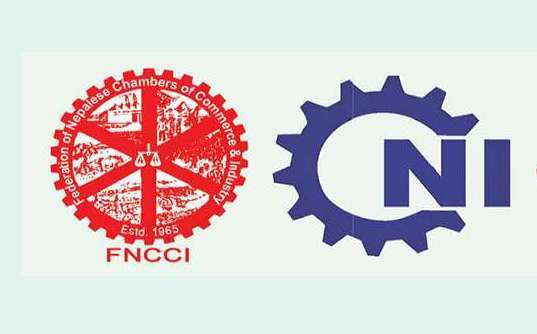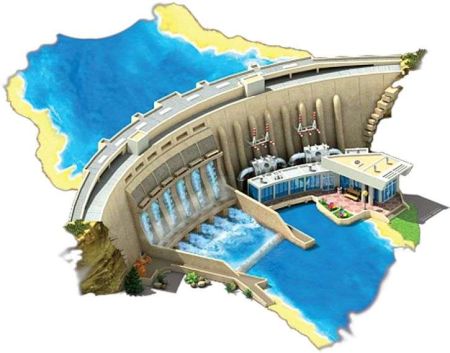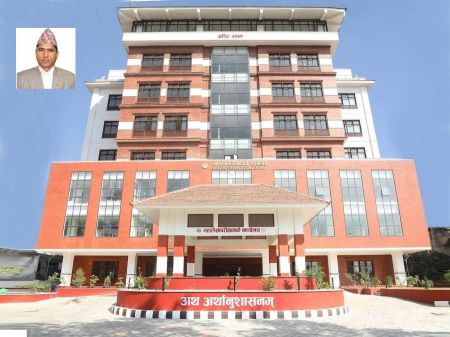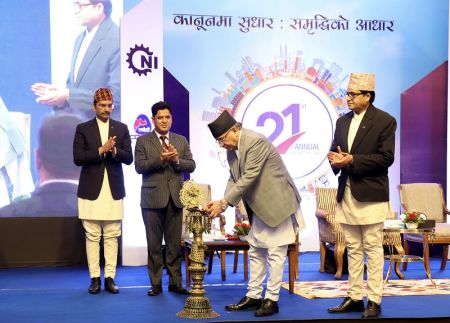June 1: The private sector has provided a mixed response on the federal budget for the fiscal year 2021/22.
The Federation of Nepalese Chambers of Commerce and Industry (FNCCI) and the Confederation of Nepalese Industries (CNI) have said that the overall budget program looks promising. However, they have said that the budget did not address some of their key demands.
Issuing a statement on Monday, the FNCCI said that priorities accorded in the budget have sent a positive message. The Federation is confident that the removal of excise duty and reduction of customs duty on import of electric vehicles will help in the promotion of environmentally friendly vehicles and replace diesel and petrol powered vehicles. However, the federation said that the implementation of the upcoming year’s budget is more difficult than of previous year.
“Elections have been announced for the fourth month of the upcoming fiscal year and if the vaccination program couldn’t be expanded it will soon invite the third wave of coronavirus. It will prevent the private sector from expanding the business which will add pressure on the revenue system,” read the statement of the FNCCI.
Similarly, CNI, in a separate statement, said that provisions like 100 percent income tax exemption to startup businesses, deduction of seed capital investment in startups as expenditure and subsidized loans to youths against academic certificate pledge are commendable. However, the Confederation has stated that such seed capital should have been of Rs 50 million.
According to CNI, the budget is aimed at uplifting the economy ravaged by the COVID- 19, improving the industrial environment, increasing private sector investment and generating employment opportunities. It also said that it expects the provision of transferring electricity from power companies to the industries by paying the wheeling charge will reduce the production charge and help in the export of the electricity. It has further said that waiving off electricity demand fees to the industries, hotel and cinema during the period of prohibitory order is also an encouraging move.
Stating that the budget has not been able to address the domestic, small and medium industries affected by the COVID pandemic, CNI also urged the government to address their needs through the monetary policy.






















